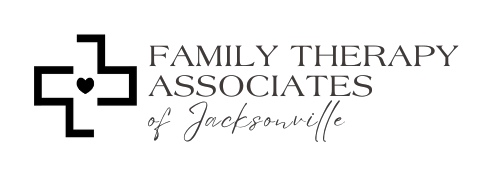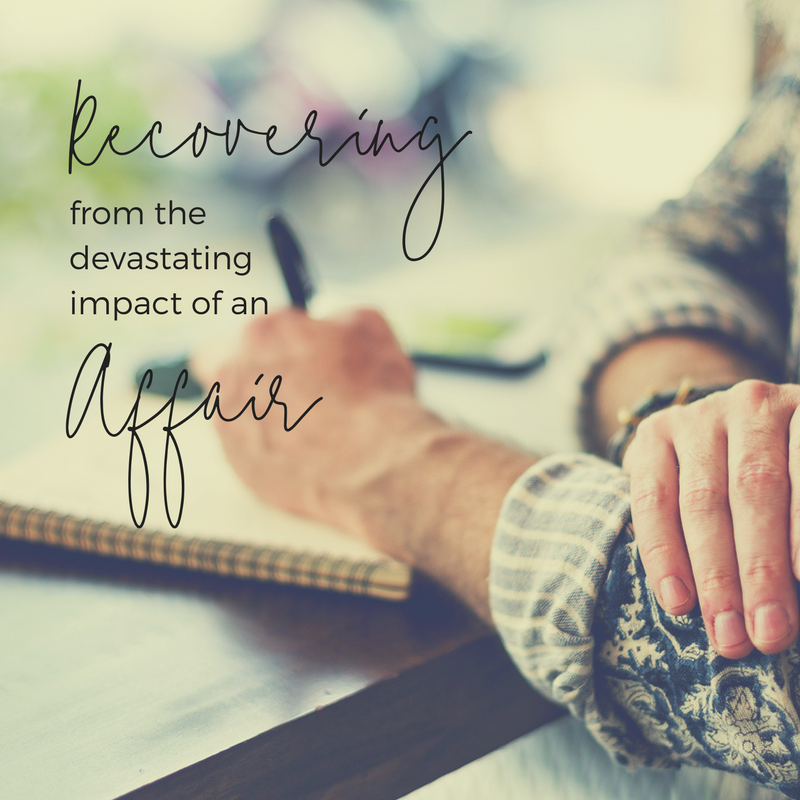If you or your partner had an emotional, sexual, or physical affair, the effects can be devastating and far reaching. The road to repair is often long, emotionally draining, and fraught with ups and downs. Often there is often guilt, shame, and embarrassment surrounding the situation. As a result, many couples suffer in isolation, afraid to talk to trusted friends and family members.
The good news is that full recovery after even long-standing or multiple affairs is possible. Ideally, recovery ends up with everyone having learned and grown. In fact, researchers have found that 75-85% of all couples can recover from an affair, if you get the appropriate treatment.
While we highly recommend couples therapy to help promote healing after infidelity, group therapy often is an equally important component for recovery. Group therapy helps couples heal and feel less isolated and alone through the recovery process. Through group therapy, you can experience support from people who have walked in a similar path and learn practical tools from the therapist-facilitated process.
We offer groups for both people in the relationship–those who had an affair, and the partner who has been betrayed.










